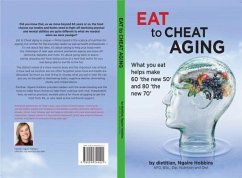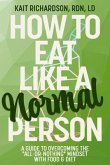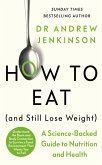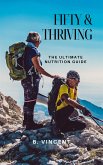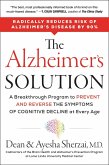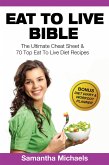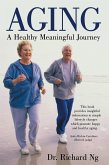Eat To Cheat Aging is a book by professional dietitian Ngaire Hobbins who specializes in aging wellness and gerontology. In it she skilfully presents the science of nutrition and aging in everyday language, making this a rewarding and informative read for anyone heading towards or who has already reached 60, 70 or more.
Most people are unaware that nutrition needs change with age and too often make food choices that they believe are right for them but instead put them at risk. The medical science is clear that there is a difference between the right advice for younger and older adults- Ngaire's book puts that information in the hands of everyday people so they can avoid unnecessary physical and mental decline.
This book sets out clearly why things are different for people as they age and provides guidance on what to eat and do to continue to enjoy an independent, productive life.
It addresses both physical and mental health; how body muscle plays a pivotal role in both and what you need to do to help your muscles support your immune system, body organs and brain. It looks at the special considerations around diabetes with advancing age, considers bodyweight in a completely different light, addresses the challenges of poor appetite, discusses common medications that can impact successful aging and much more.
Eat To Cheat Aging provides a wealth of information along with practical, sensible advice to keep those who are fit and well thriving and to help those who are less well to maintain and improve their physical and mental capacity. And what's even better is that's about enjoying real food and even relishing a few treats to support the unique needs of aging bodies.
Most people are unaware that nutrition needs change with age and too often make food choices that they believe are right for them but instead put them at risk. The medical science is clear that there is a difference between the right advice for younger and older adults- Ngaire's book puts that information in the hands of everyday people so they can avoid unnecessary physical and mental decline.
This book sets out clearly why things are different for people as they age and provides guidance on what to eat and do to continue to enjoy an independent, productive life.
It addresses both physical and mental health; how body muscle plays a pivotal role in both and what you need to do to help your muscles support your immune system, body organs and brain. It looks at the special considerations around diabetes with advancing age, considers bodyweight in a completely different light, addresses the challenges of poor appetite, discusses common medications that can impact successful aging and much more.
Eat To Cheat Aging provides a wealth of information along with practical, sensible advice to keep those who are fit and well thriving and to help those who are less well to maintain and improve their physical and mental capacity. And what's even better is that's about enjoying real food and even relishing a few treats to support the unique needs of aging bodies.
Dieser Download kann aus rechtlichen Gründen nur mit Rechnungsadresse in A, D ausgeliefert werden.

